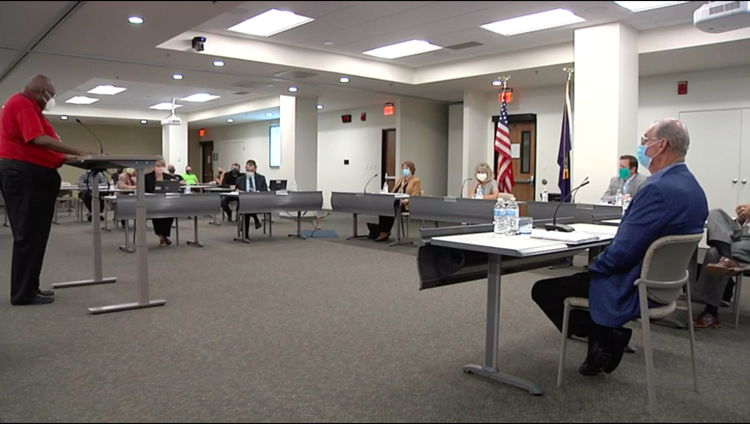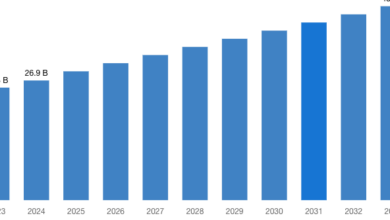Michigan Civil Service Commission approves rule change to require annual union dues opt-in

The Michigan Civil Service Commission hears testimony on July 13 regarding a proposed change to how unions collect dues.
(The Center Square) – Many state employees will have to reauthorize union membership annually starting Sept. 1.
The Michigan Civil Service Commission voted 3-1 Monday to approve a rule amendment that requires the state’s 50,000 union workers each year to opt into dues deduction from their paycheck.
Rule change proponents described the change as protecting workers’ rights.
Union officials who opposed the amendment called it an attack on organized labor.
Starting the first day of 2022 under the rule, the state can’t deduct “agency” fees from worker’s paychecks.
Chair Commissioner Janet McClelland agreed that employees should be reminded annually of their right to opt-out of dues but cast the single “no” vote.
“I believe the system that we have in place does provide for employees, through self-service and our call center, to indicate whether they prefer to begin or end providing dues,” McClelland said.
Gov. Gretchen Whitmer, Attorney General Dana Nessel, and union leaders opposed the proposal leading up to the vote.
Office of State Employer Director Liza Estlund Olson, representing Whitmer, said the proposed rule “would weaken collective bargaining rights for state employees who are working on the front lines to keep Michiganders safe from COVID-19.”
Olson encouraged the commission to reject the amendment, citing the COVID-19 pandemic.
“This action will make it harder for those frontline workers to negotiate together for strong wages, health care, and a secure retirement,” Olson said.
Vincent Vernuccio, a senior fellow with the Mackinac Center for Public Policy, supported the rule.
Vernuccio said the language change is “simply codifying what is already the law,” pointing to the state’s Right to Work law and the Janus v. American Federation of State, County, and Municipal Employees Supreme Court decision in 2018.
Giving state employees an annual choice to pay dues is “crucial,” Vernuccio said, especially during the COVID-19 pandemic.
“It informs them of their rights and ensures the state has the requisite evidence to take money from a state employee’s payroll and give it to a third party,” Vernuccio said.
Several union members opposed the rule change.
Chuck Browning, director of UAW Regional 1A, said the change to rule 6-7 would “violate the UAW’s collective bargaining agreement” and was unnecessary because workers can choose anytime to opt-out of union dues.
“The change undermines the choices of the vast majority of state workers that have opted for union membership and payment of dues and hurts their unions by diverting resources away from bargaining and policing the contract,” Browning said.
The UAW representative argued that “Janus was solely about the collection of agency fees from nonmembers,” which stated that nonmembers couldn’t be forced to bankroll public-sector unions.
Commissioner Jase Bolger voted for the change, arguing that “unions will remain free to make their case,” while “workers will remain free to make their choice.”
“We should not assume workers endlessly waive their rights,” Bolger said. “Workers should be clearly, freely and knowingly given the opportunity to give their consent. I believe that should happen every year.”


